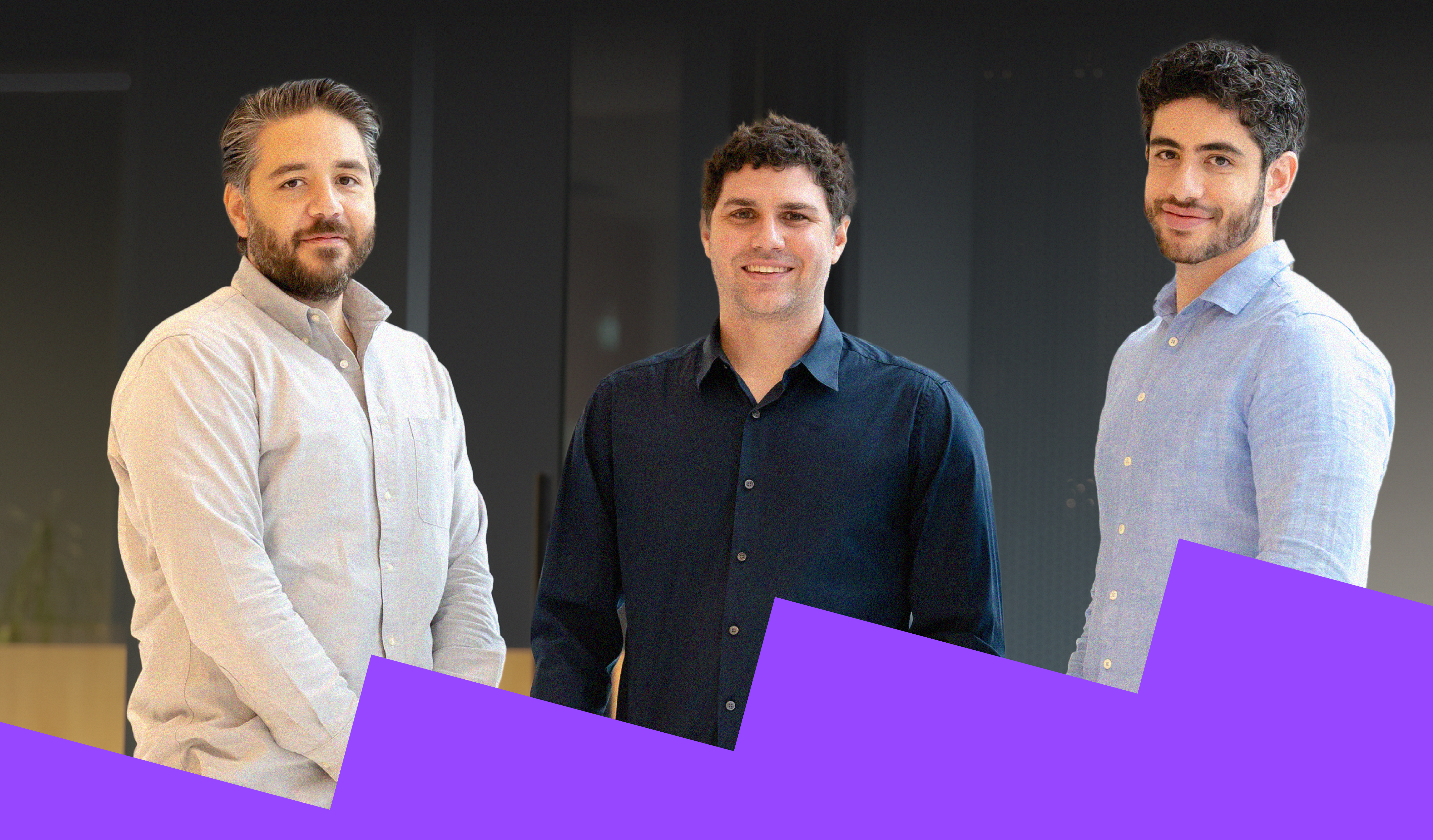Ayman Kattan, the chief people officer at Bayzat, shares how the new long-term visa and UAE entry permit rules create opportunities for the agile, but pose a threat for firms that don’t invest in talent development.
“What got you here won’t get you there” – Marhsal Goldsmith.
In the pre-pandemic era, employees, and entrepreneurs alike, were willing to go through lengthy and tedious residency processes to be based out of Dubai and the wider UAE.
Being “based in the UAE” has always been perceived as prestigious and for numerous, well-justified reasons. Landing a job with an employer in the country was, and still is, considered a privilege.
The pandemic however has brought about unprecedented changes to workforce dynamics by allowing most employers in the technology industry, both in the UAE and beyond, to double down on a “talent-first” approach to hiring.
As it turned out, being forced to adapt to a new reality and rapidly transitioning into the remote work paradigm, was a silver lining to what was otherwise an extremely challenging time for humanity.
The emergence of innovative and disruptive services such as Employers of Record (EoR) and Outsourcing solutions has created something of a “decentralisation of talent” and “free for all” effect on the talent landscape.
While this new reality has presented number of obvious positives for both talent and employers, it has come with some hefty costs.
Today, professionals can still enjoy the perks of working with Dubai-based employers and serving the local market, while operating out of the luxury of their own homes, which thanks to technology, could be anywhere in the world.
The hassle, costs, and time it takes to acquire a visa is simply not worth it anymore, be it for a job or to set up shop.
A quick change was therefore needed for the UAE to continue to flourish and remain a top tier business destination and once again the UAE’s government has demonstrated its incredible vision and foresight.
It was announced earlier this year that one of the key objectives of Dubai’s Chamber of Digital Economy is to attract 300 digital startups to Dubai within two years.
Such an ambitious objective would undoubtedly require rapid enhancements and changes to laws and policies.
To see immediate reforms to the visa system in the UAE, is just a testament to the country’s agility and ability to adapt to the new world we now live in.
With these visa reforms, we should expect to see a substantial increase of both supply and demand in the job market, which will go a long way in putting things that have been disrupted by the pandemic back into a state of equilibrium.
For businesses, this presents a momentous opportunity. But employees will need to be mindful that this can represent a change in the competitive landscape.
Overnight, UAE-based employees will no longer be competing with just their domestic counterparts, but with the expected influx of top global talent.
Moreover, for UAE-based organisations to capitalise on the influx of talent, the truth is, whatever worked up until this point, won’t work tomorrow.
Now is the time for these companies to invest in retention schemes for top performers, and to review things like their EVP (employee value proposition), wellbeing initiatives and employee benefits.
Otherwise, they will face the very real threat of their top talent, and the top talent in the resource pool, being snatched up quite quickly.
I also reckon that companies that haven’t invested in talent development and those that aren’t constantly up-skilling their people, are not going to be able to remain competitive in this new market that is being rapidly reformed and transformed.
This is a great time to be living and working in the UAE but just as the UAE government has been quick to adapt, it is imperative that UAE businesses and employees do too.








Get Social